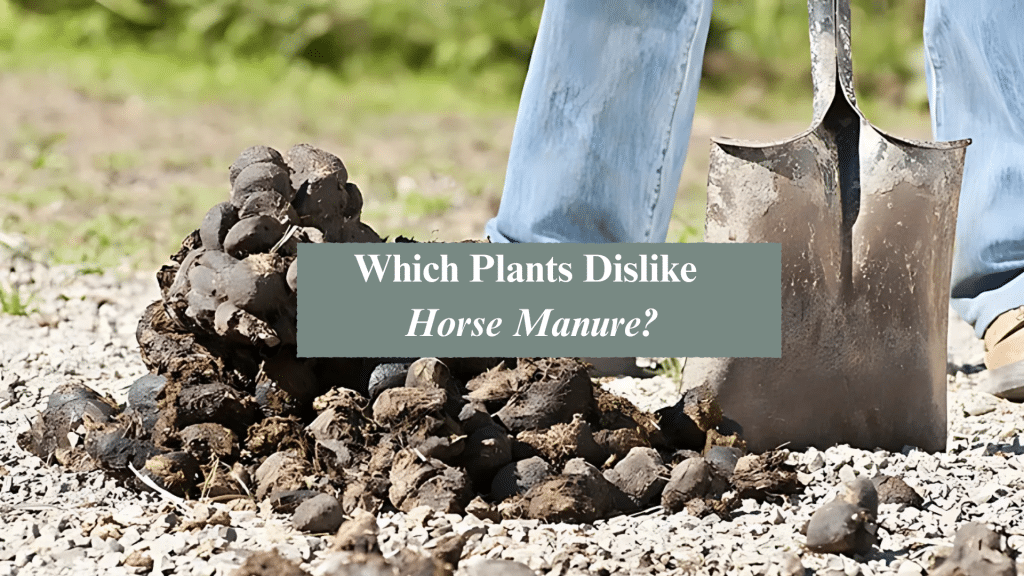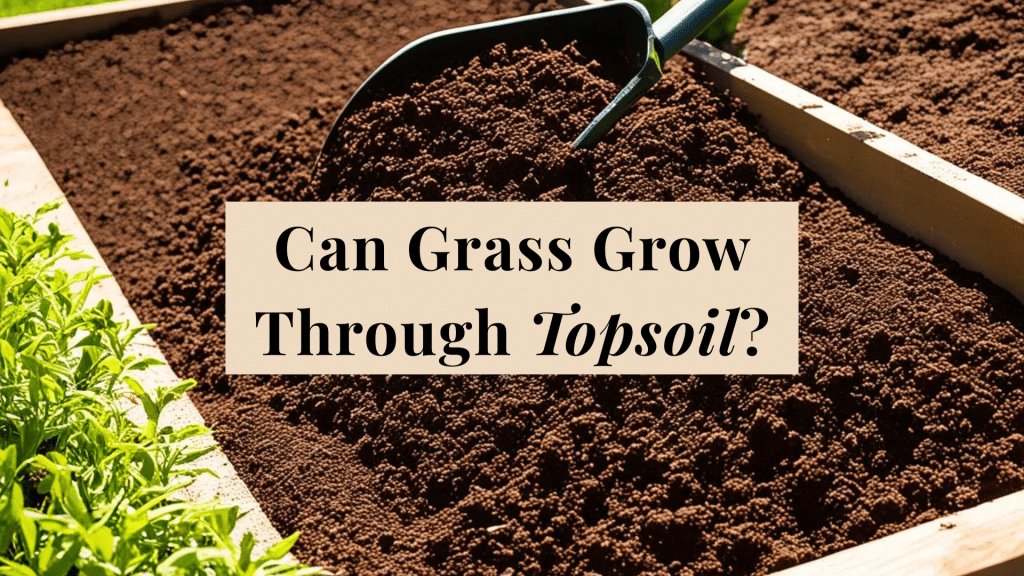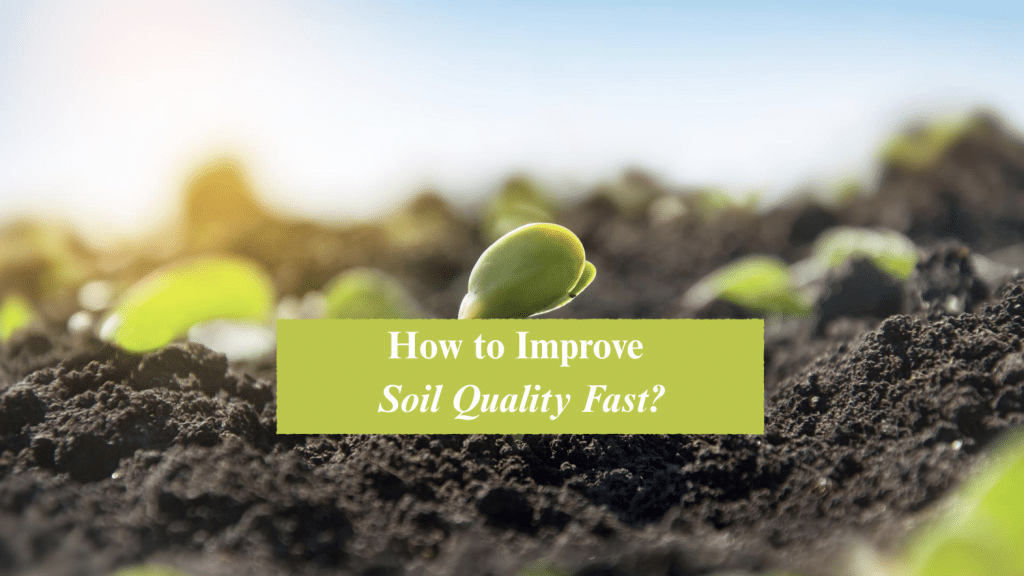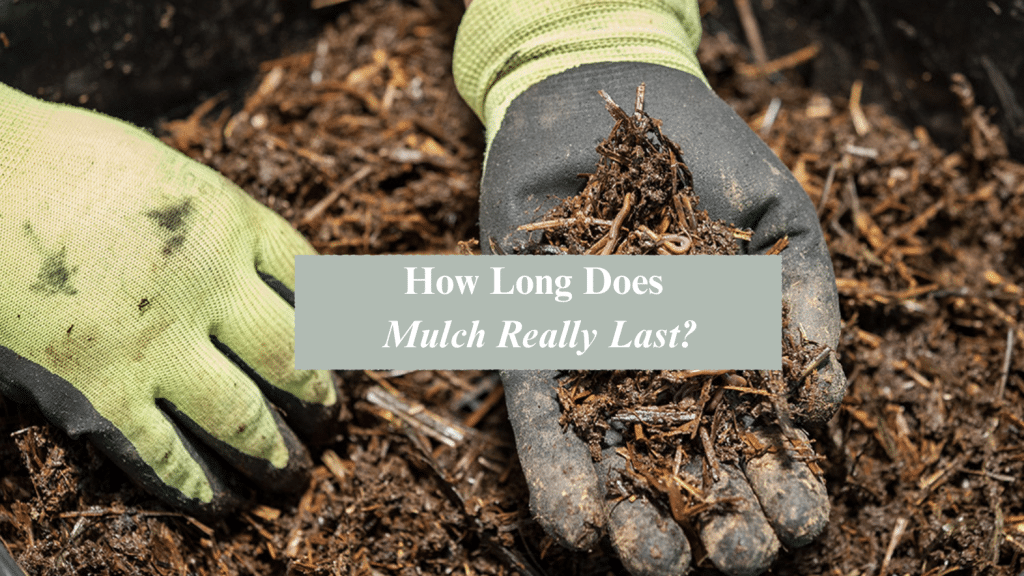I’ve used horse manure in my garden before. It’s full of nutrients and great for the soil, most of the time. But I learned the hard way that not all plants like it. Some plants can get burned, grow poorly, or even die if the manure isn’t used the right way.
Fresh horse manure is strong. It’s rich in nitrogen and can be excessive for certain flowers, herbs, and vegetables. Some plants like soft, gentle soil. They don’t need a big boost. Giving them too much can do more harm than good.
In this blog, I’ll share what I’ve learned about using horse manure the smart way. I’ll list the plants that don’t like it, explain why they react poorly, and suggest alternatives. If you’ve got access to horse manure, this guide will help you avoid mistakes and grow a healthy, happy garden.
Why Horse Manure Isn’t Good for Every Plant
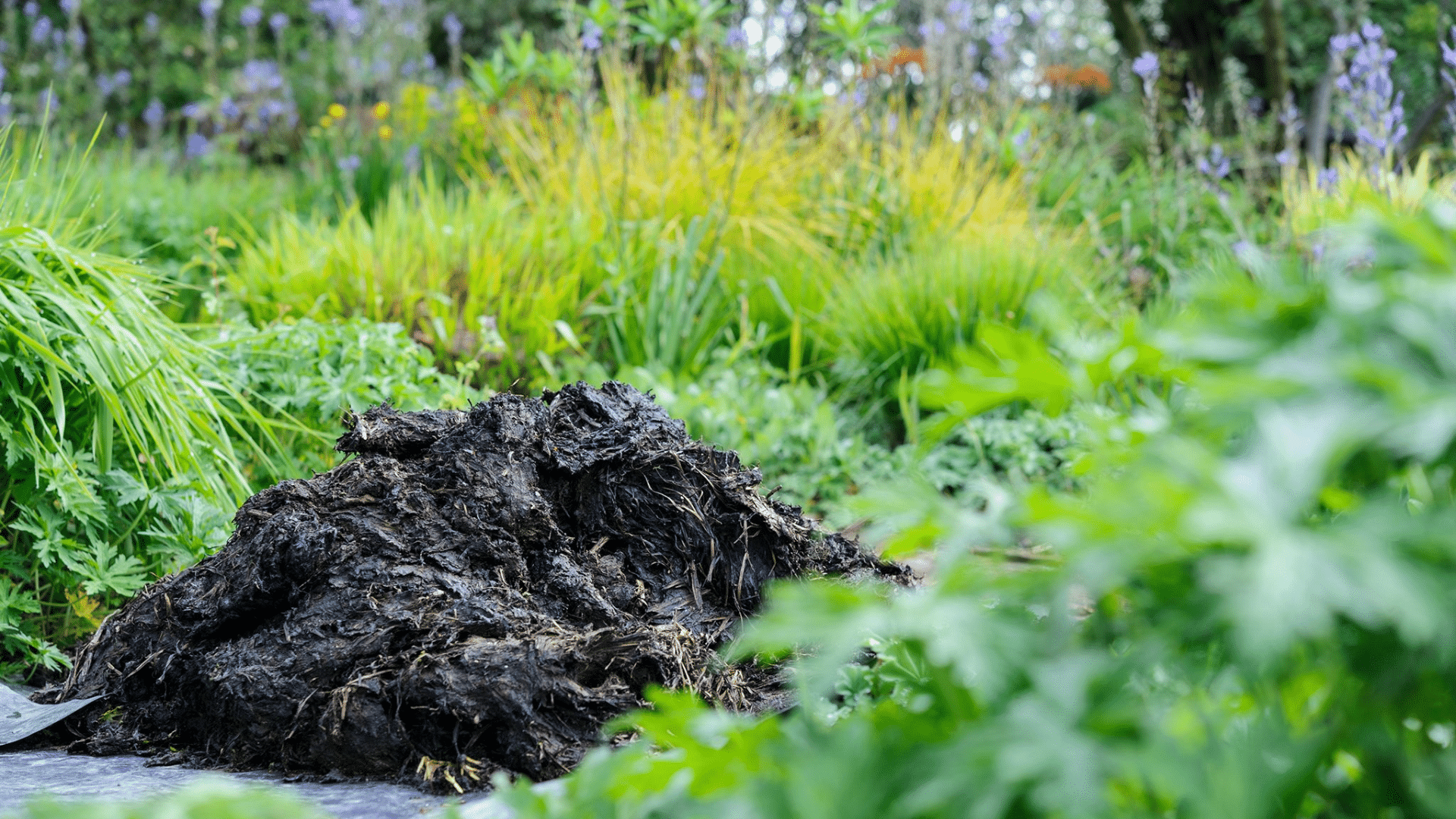
Horse manure is a common fertilizer in many gardens. It’s easy to find, full of nutrients, and can make your soil better over time. But not all plants like it. In fact, some plants can get sick or even die if you use them the wrong way.
Fresh horse manure is strong. It has a lot of nitrogen, which can “burn” plants. It also may contain seeds from weeds or leftover medicine if the horse was recently treated. These things can cause problems, especially for young or sensitive plants.
That’s why it’s important to know which plants to avoid using horse manure on and how to use it safely with the ones that do like it.
What Makes Horse Manure Harmful to Some Plants?
Horse manure is not always harmful, but a few things can make it risky for certain plants:
-
High nitrogen content: This can burn plant roots, especially in fresh manure.
-
Too much salt: Manure can raise salt levels in soil, which hurts sensitive plants.
-
Weed seeds: Horses don’t fully digest seeds, so weed seeds can end up in your garden.
-
Pathogens and bacteria: Fresh manure may carry bacteria that can harm people and plants.
-
Heat: As it breaks down, manure gives off heat. This can damage seedlings and soft roots.
Because of this, horse manure should be aged or composted before it touches most garden soil. Even then, some plants still don’t like it.
What Type of Horse Manure Is Safer to Use?

There are two main types: fresh manure and aged or composted manure.
-
Fresh manure is right from the stable. It’s too strong for most plants and should not be used directly in garden beds. It can burn roots and add harmful bacteria to your soil.
-
Aged or composted manure is horse manure that has been left to break down for several months. It looks dark and crumbly and smells more like soil than waste. It is much safer and better for most plants.
Even with composted manure, some plants may still be sensitive to it, especially if they are young, tender, or grow in poor or rocky soil.
Signs That Horse Manure Is Harming Your Plants
Not all damage shows right away. Watch for these signs that a plant may be reacting badly to horse manure:
-
Yellowing leaves: Too much nitrogen or salt buildup.
-
Slow growth: Roots may be struggling or burned.
-
Leaf tip burn: The ends of leaves turn brown and dry out.
-
Wilting: Even with good water, plants droop.
-
Rotting stems or roots: Caused by excess moisture or heat trapped under thick manure.
If you notice these problems, remove the top layer of manure or mulch and water deeply to flush the soil. Then switch to a gentler fertilizer.
Common Plants That Dislike Horse Manure
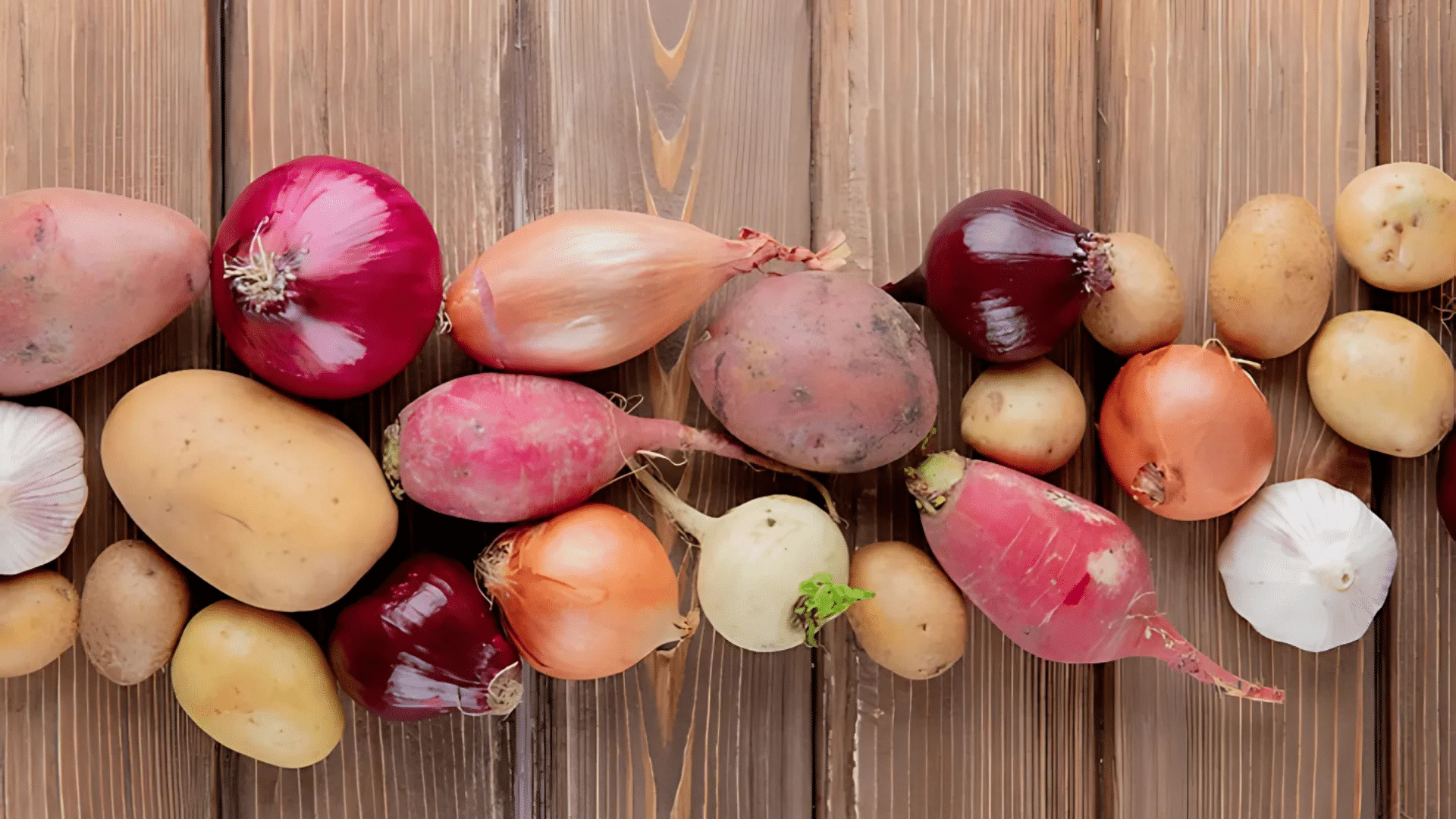
Below is a more detailed list of plants that do poorly with fresh or even composted horse manure:
Root Vegetables (Sensitive to Rich Soil)
-
Carrots: Grow forked or twisted in high-nitrogen soil.
-
Beets: May produce large tops but weak roots.
-
Radishes: Become spongy and lose crispness.
-
Turnips: Can turn woody and bitter.
-
Parsnips: Like light, loose soil; manure makes it heavy and clumpy.
Root veggies like soil that is soft and not too rich. Manure often causes leafy top growth but poor root formation.
Leafy Greens (Can Grow Too Fast and Bolt)
-
Lettuce: Grows soft and rots easily if the soil is too wet and rich.
-
Spinach: Bolts early in nitrogen-rich soil.
-
Kale: Grows too fast and may lose flavor.
-
Swiss chard: Stems can become too soft and break.
Leafy greens do better with slow, steady nutrients. Too much nitrogen can cause them to grow fast, then crash.
Delicate Herbs (Prefer Dry or Poor Soil)
-
Cilantro: Very sensitive to rich soil; bolts quickly.
-
Oregano: Likes dry, rocky soil with low nutrients.
-
Thyme: Struggles in rich or wet soil.
-
Sage: Needs lean soil to avoid root rot.
-
Parsley: Can grow fast, but turns yellow or limp.
Herbs from dry climates prefer soil that drains fast and doesn’t hold too much moisture. Manure can make the soil too heavy and wet for them.
Fruits and Berries (Dislike High Salt or Wrong pH)
-
Strawberries: Very sensitive to salt; rot easily with heavy mulch.
-
Blueberries: Need acidic soil; manure makes soil more alkaline.
-
Raspberries: Prefer well-drained soil; manure holds too much water.
-
Grapes: Grow more leaves than fruit in rich soil.
These fruits often need special soil conditions. Manure may change the pH or add too much water and salt.
Flowers (Some Love It, Some Don’t)
-
Lavender: Likes dry, low-nutrient soil; manure can kill it.
-
Poppies: Thrive in poor soil and bloom less in rich ground.
-
Geraniums: May get root rot from wet, heavy soil.
-
Petunias: Prefer balanced feeding, not strong manure-based mixes.
Not all flowers need or want rich soil. Some bloom best when conditions are a little tougher.
Safer Soil Boosters for Sensitive Plants
Some plants—like ferns, azaleas, or seedlings—can be harmed by strong soil additives. For these sensitive plants, it’s best to use mild and organic soil boosters.
-
Compost: Well-aged compost adds nutrients slowly and improves soil structure. It’s gentle enough for delicate roots.
-
Worm Castings: These are rich in beneficial microbes and nutrients but very low in salts and ammonia, making them ideal for fragile plants.
-
Leaf Mold: This is decomposed leaf matter. It holds moisture well and adds beneficial fungi to the soil.
-
Coconut Coir: Improves soil aeration and water retention without adding harmful salts or pH swings.
-
Diluted Fish Emulsion: Offers a mild nutrient boost for seedlings and sensitive greens when used as a liquid fertilizer.
How to Use Horse Manure Safely in Your Garden
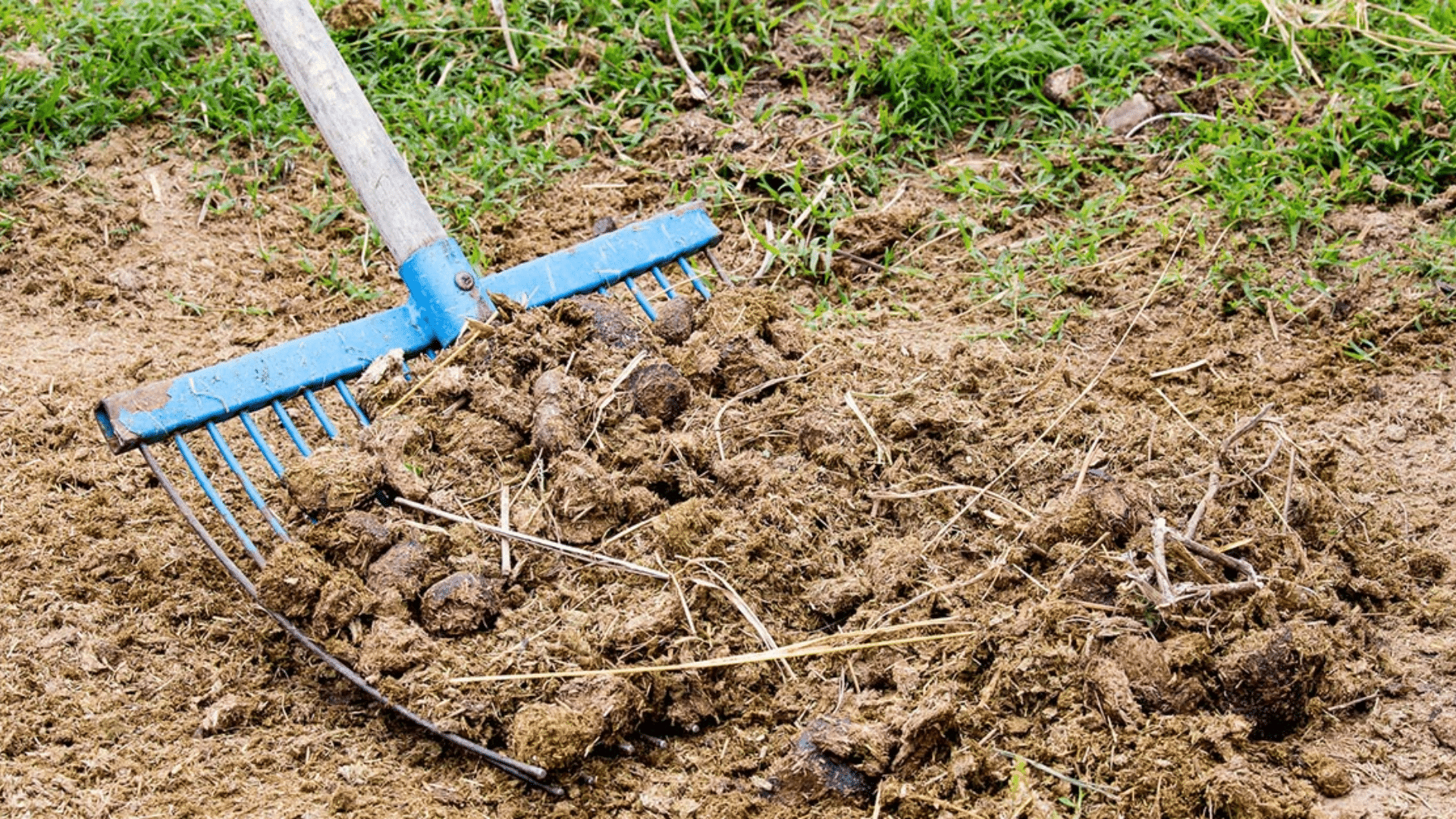
If you want to use horse manure and avoid harm, follow these steps:
Step 1: Age or Compost It First
Pile the manure with straw or leaves. Let it sit for 6–12 months, turning every 2–3 weeks. This breaks down weed seeds and harmful bacteria.
Step 2: Test the Temperature
Stick your hand in the middle of the pile. If it’s warm or hot, it’s not ready. When it feels cool, it’s safe to use.
Step 3: Mix With Other Materials
Blend it with topsoil or compost before adding to beds. This helps lower nitrogen levels and spreads nutrients better.
Step 4: Apply It at the Right Time
Fall is best. Spread a thin layer on garden beds, then let it sit through winter. In spring, mix it in before planting.
Step 5: Keep It Away From Roots
Don’t apply manure right next to plant stems. Keep it 2–3 inches away and never bury seeds in it.
What Happens If You Use Too Much Manure?
Too much manure can harm plants and your soil long-term. Some common problems that happen with overuse are:
-
Nutrient Burn: Excess nitrogen can burn plant roots and leaves, especially in young plants.
-
Salt Buildup: Manure contains salts that accumulate and reduce soil quality, especially in potted or poorly-draining soils.
-
Imbalanced Soil pH: Repeated manure use can make the soil too acidic or alkaline depending on the source.
-
Excessive Growth: Too much nitrogen can lead to lush foliage but fewer flowers or fruits.
-
Contamination Risk: Overapplication increases the risk of runoff, which can pollute water sources with nutrients and pathogens.
To avoid these issues, use manure moderately and test your soil yearly to track nutrient levels.
Conclusion
Horse manure can be a great tool for your garden, but only if used the right way. While many plants love it, others don’t. Root vegetables, herbs, berries, and delicate flowers are often harmed by fresh or even composted manure.
By composting horse manure first, using it at the right time, and keeping it away from sensitive plants, you can still enjoy the benefits without the risks. For plants that dislike manure, there are numerous gentle alternatives, such as compost, worm castings, or fish emulsion.
Take time to learn what your plants need. Start small, observe how your garden responds, and adjust as needed. With care and smart choices, you can grow strong, healthy plants—manure or no manure.

